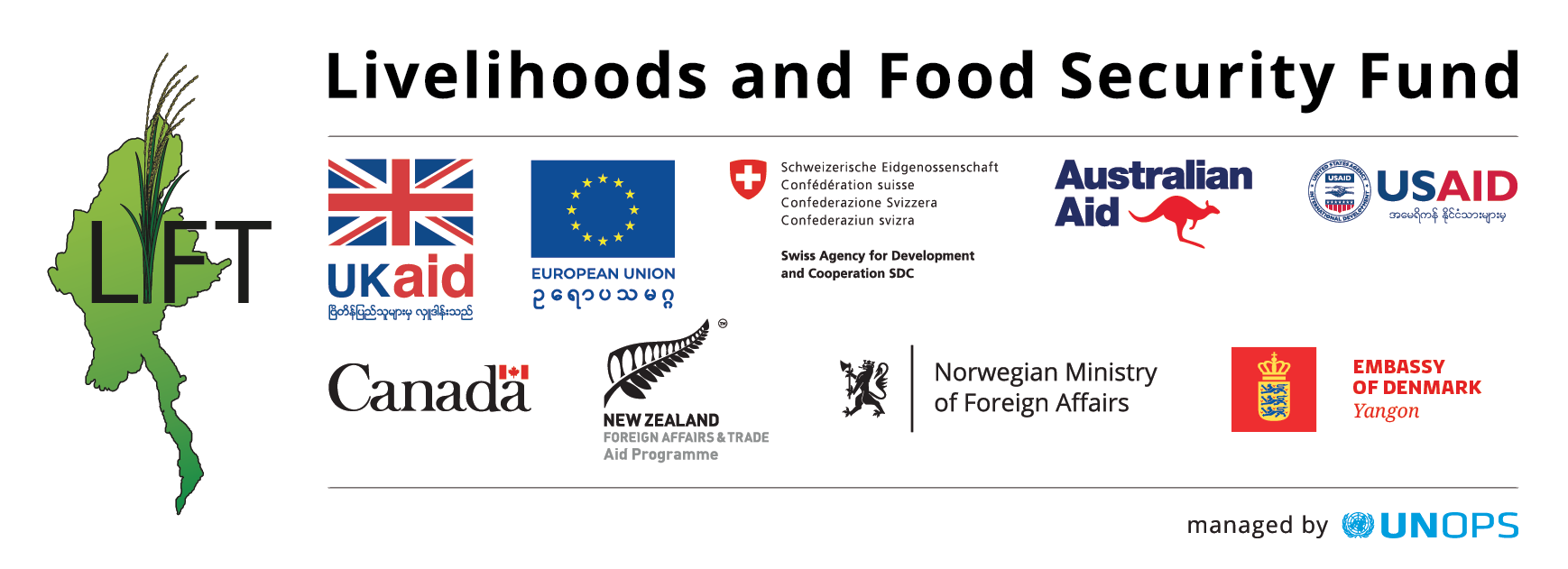
Despite of the value of the customary tenure system, the current legal framework in Myanmar does not adequately recognise customary tenure. In recent years, customary rights over the land and forests of the Naga people have become more vulnerable than ever, as government institutions enforcing state laws and policies are increasingly being introduced into Naga areas, causing conflict as a result of their incompatibility with the customary system. Expansion of government administration without recognizing customary tenure poses a threat to the livelihood, environment, and culture of the Naga people living in Myanmar.
This report documents the key components of the customary tenure system of three Naga villages, with descriptions of the land tenure arrangements, institutions, dispute resolution mechanisms and forest and land management practices that make up the customary tenure system. It also describes the value of this customary system for local livelihoods, environmental conservation, cultural and religious identity and the rights of the Naga people.


